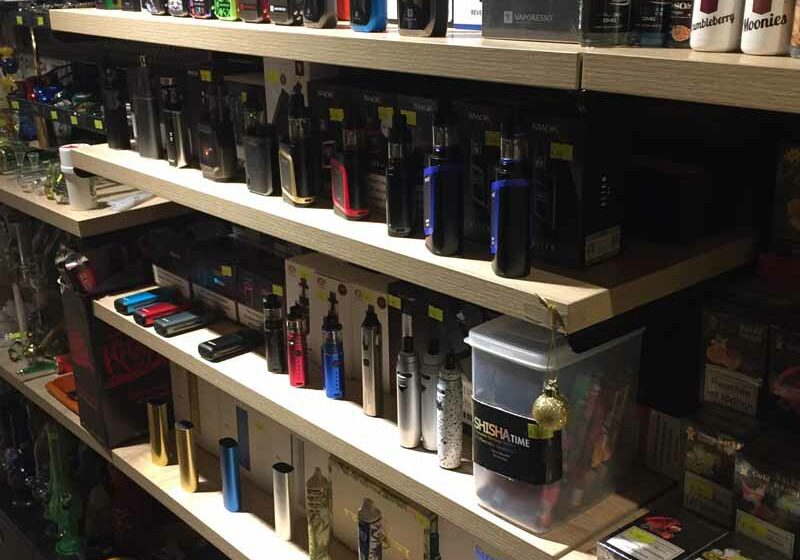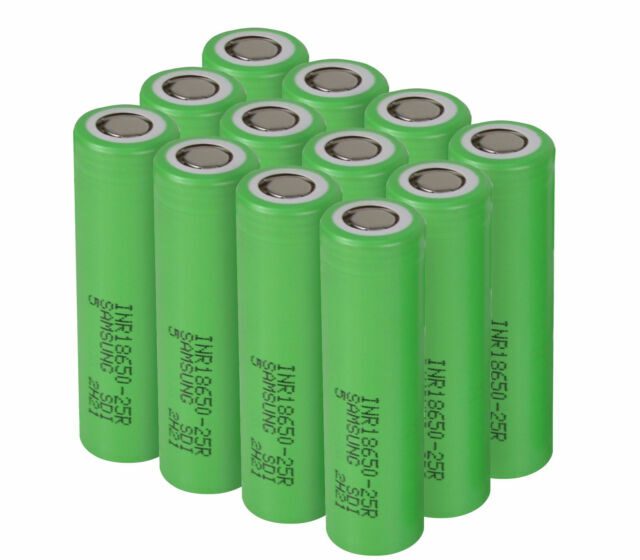Vape expo organizer Way Joy announced that the first Dubai International Vape Expo has been scheduled for March 18 to 20, 2020, and will be held at Festival Arena By InterContinental, Al Badiya, Dubai Festival City. The Expo will be special for business groups on March 18 and 19, and open to consumers on March 20.
More than 120 brands around the world, including SMOK, HANGSEN, INNOKIN, ASMODUS, IVG, JUST FOG, and local distributors in the Middle East are expected to participant in the Expo. Buyers, exhibitors and professionals of the vaping industry, or any individuals or groups interested in the industry are welcome to participant in the Expo.
The organizer the Expo, Terry Hu, who is also the organizer of the first Vape Expo of China, believes that UAE and other countries in Middle East will witness another golden era for the vaping industry soon, as a new set of standards developed by the Emirates Authority for Standardization and Metrology (ESMA) has come into effect from mid-April for legalizing the sale and use of electronic smoking devices in the region.
“The new regulation issued by ESMA means manufacturers, wholesalers and retailers are now allowed to sell vaping products in the country, as long as they meet the new standards,” Terry said. “We also can see people in the region of Middle East are showing more interest in vaping. I think It is time to embrace this new market.”
During the Expo, a VAPE Summit will be held to encourage more open discussions and communication. Keynote speeches about public safety and health, product development, and market analysis, regulations and policies, leading brand introduction will be given during the Summit.










